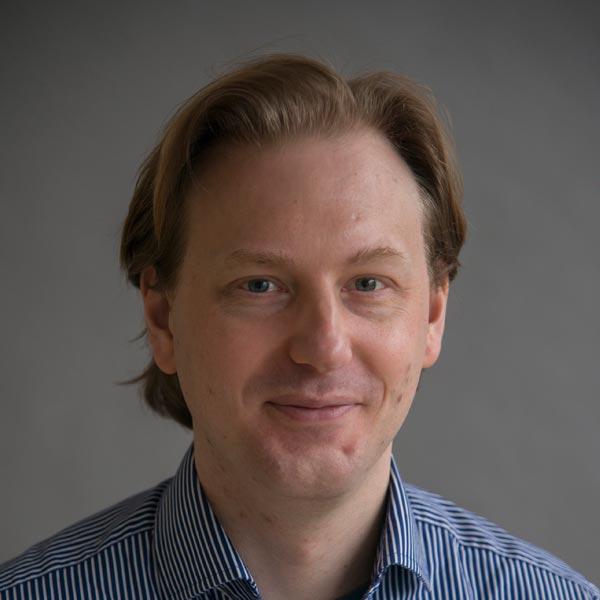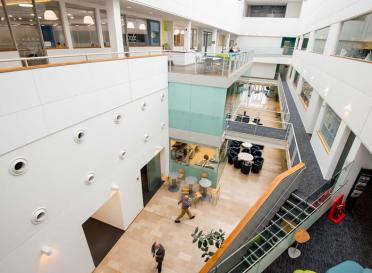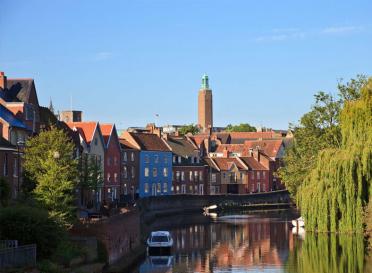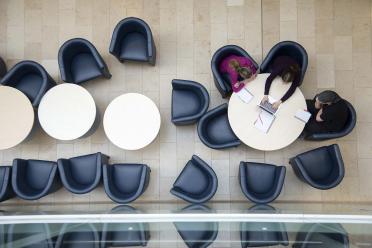
Life at Earlham Institute
We believe that our people are our greatest asset, and we want you to have the freedom to achieve your very best work here.
Cells in the body constantly send and receive messages to coordinate development, maintain health, and respond to disease. Many of these messages are passed through cell surface proteins - receptors and ligands - that allow cells to “talk” to one another.
Recent research shows that the instructions for building these proteins can be edited by cells in real-time through a process called alternative splicing, resulting in different versions (or isoforms) of the same protein with very different functions.
This PhD project will explore how alternative splicing of receptor and ligand proteins changes how cells interact within important biological environments, or niches - specifically in the bone marrow stem cell niche and in tissue-resident immune cells.
Using cutting-edge single-cell long-read RNA sequencing and spatial transcriptomics, you will:
Working with Dr Iain Macaulay at the Earlham Institute, and Dr Tiago Luis at Imperial College London, this project will be supported by an interdisciplinary team of experts in genomics, immunology, and clinical research, and have access to world-class facilities at the Earlham Institute and Imperial.
You will receive training in advanced cell sorting, long-read sequencing, spatial transcriptomics, and computational biology - skills in high demand across both academic and applied research settings.
This project is suited to individuals with a curiosity for gene regulation, immune function, and technology development, with long-term relevance for understanding inflammation, autoimmunity, and tissue regeneration.
Application information:
Related reading:

Developing new technologies and multi-omics approaches for single cell analysis

We believe that our people are our greatest asset, and we want you to have the freedom to achieve your very best work here.

Norwich is a city of culture, with its rich history of art and writing, as well as a city of science - hosting some of the leading centres for life science research in the world.

The behaviours and communication skills we expect from candidates.